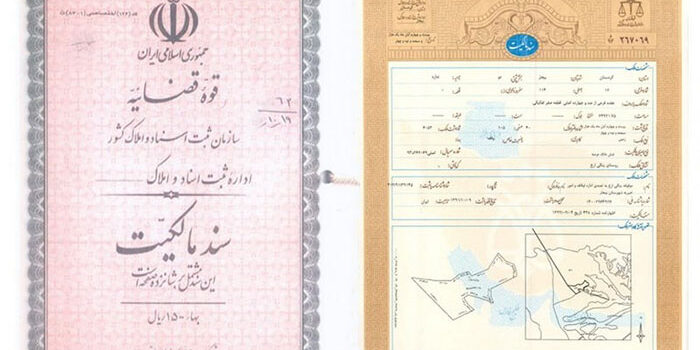
Formal and Informal Documents in Iranian Laws and Regulations
Practically speaking, there is a wide gap between formal and informal documents according to the Iranian laws and regulations. Although informal documents are not useless, the benefits of drawing up a formal document are remarkable, all for a low cost of registration.
What is a Document in Iranian Legal System?
Article 1284 of the Code of Civil Law (CCL), presents a definition of the “document”, either formal or informal. The article says: “document is a written piece which may be cited, whether as an evidence of a claim or a defense”. So, document has a broad definition in Iranian law. One may write up a unilateral statement and further cite it as a proof in the court.
The Line Between Formal and Informal Documents
Article 1286 of the CCL divides the documents into two categories: formal and informal, and the next article, provides three elements for a document to be defined as formal:
- The document has been registered at the bureau of registration of documents and landed properties;
- The document has been registered at the notary public offices;
- The document has been prepared by a public official;
It goes without saying that the officials mentioned above, must stick to their scope of authority for the documents they issue to be valid. All other documents are to be marked as informal.
Formal and Informal Documents and Burden of Proof
Although informal documents will not be dismissed in the judicial process, it’s way more convenient to prove your claim or defend against the claimant when you hand over a formal document to the judge. In addition, your counterpart could easily deny the validity of your informal document and then you have to prove the validity of your proof! while against the formal documents, the burden of proof will get inversed and this time your counterpart has to prove the invalidity of the document.
Click on the link below to read more:
Formal and Informal Documents in Iranian Laws and Regulations
Comments
Post a Comment